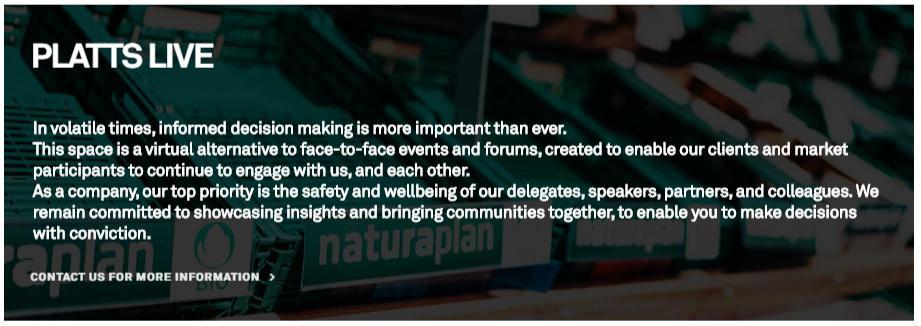In this week's highlights: Compliance with OPEC+ commitments will be at the forefront of the oil market's mind; the West African oil market will be looking for signs of a pick-up in demand from Chinese refiners; the German government is expected to pass a reform of the renewable energy law; and the row intensifies over a controversial gas pipeline.
In this week's highlights: The West African oil market will be looking for signs of a pick-up in demand from Chinese refiners; The German government is expected to pass a reform of the renewable energy law; and the row intensifies over a controversial gas pipeline.
But first, compliance with OPEC+ commitments will be at the forefront of the oil market's mind this week after the group's top ministers vowed strict management of the market. The spotlight will fall on those countries which are due to submit plans by the end of the month for compensating for their failure to comply fully with production cuts in August.
Under-compliance by various members of the group amounted to between 300,000 and 800,000 barrels a day between May and August, with Iraq moving into compliance last month, but being replaced by the UAE as a flouter of production quotas.
On the demand side, market participants will be watching the trading cycle for November-loading West African crude cargoes which is set to start this week.
Sources say demand for West African crude could rise as Chinese independent refiners begin to use their import quotas for the first quarter of 2021, with many having already exhausted their 2020 quotas.
Another factor which might encourage purchases of West African crudes grades is the fact they are priced against Brent. As you can see from the chart, Brent has been falling in relation to Dubai crude. Traders say this could incentivize Far Eastern refiners to look at buying Brent-linked crudes.
On Tuesday, the focus will turn to Tesla, as it hosts its annual Battery Day.
Musk made waves in the nickel market recently when he said he'd be willing to pay out for ethically sourced material, which many think is a hurdle in itself.
Other metals likely to get pulled into the debate will be copper and cobalt. Copper is already trading at highs not hit since 2018.
And that takes us to our social media question for the week: Which commodities do you think will benefit most from the push for electric vehicles. Tweet us your thoughts using the hashtag #PlattsMM.
Elsewhere, Germany's coalition government will be dealing with how to provide renewable power to drive those electric vehicles among other purposes on Wednesday. The coalition is set to pass a reform of the renewable energy law amid intense debate on the details of how to achieve 65% renewables in the power mix by 2030.
An energy ministry draft envisaged 40 gigawatts of subsidized solar and wind contracts to be tendered between 2021 and 2025 with government forecasts targeting annual generation of 377 terawatt-hours of green electricity in a decade.
The key focus will be on future support for first-generation wind and solar, with some 10 gigawatts running out of contracts by 2023 when Germany will have shut its last nuclear reactors.
And finally let's end where we began, with some countries asking others to stick to the rules. The European gas market will be monitoring the growing political controversy over the Nord Stream 2 gas pipeline from Russia to Germany.
As you can see from the map, the 55 billion cubic meter a year pipeline is crucial to Russia's plans to scale down its use of Ukraine as a transit country for its gas supplies to Europe from 2021.
However, there have been increasing calls for Germany to halt the project in response to the poisoning of Russian opposition politician Alexei Navalny in August.
The pipeline is almost complete with just 160 kilometers left to lay in Danish waters.
The threat of US sanctions has caused pipelaying work to be suspended since December last year, and there are increasing signs that its completion may be in serious doubt.
For more on all the issues affecting commodity markets from wherever you are, make sure to check out Platts LIVE at the address displayed on your screen.
Thanks for kicking of your Monday with us and have great week-ahead!


